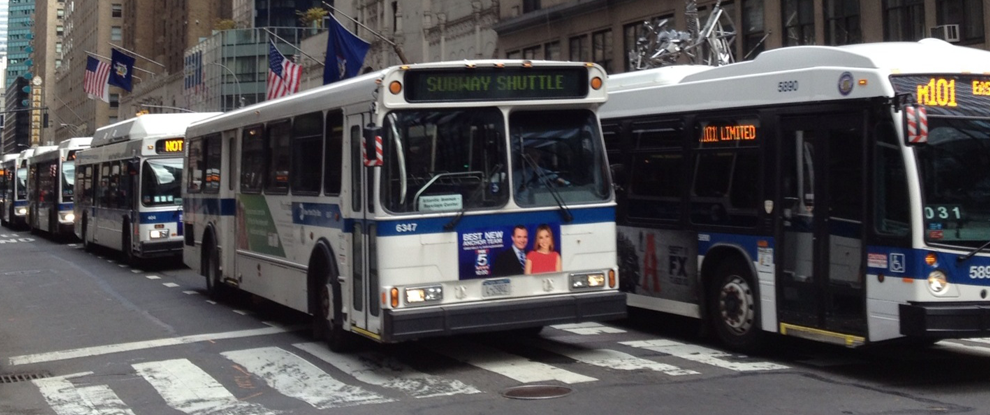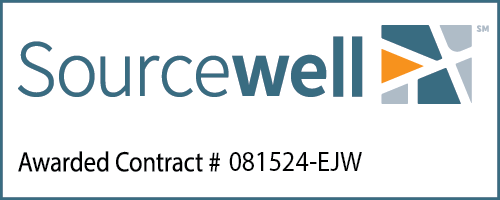
Transit
MARKETS
Relevant Features
- Transit and lube bay management
- Multi-fuel/fluide capability
- Pump chaining
- Mobile fueling
Other Capabilities
- Secure multi level access
- Vehicle diagnostics
- Driver behavior recording
- Idle time monitoring
- GPS tracking
- Route optimization
- Geofencing alert
- Secure access levels
- Maintenance schedules
- Messaging
- Security gate control
- Car wash access
Industry Issues
Public transit operations possess a significant and unique set of concerns that are very different from standard fueling facilities. Buses require speedy servicing in transit lanes with multiple vehicle fluids that require access to oil, transmission, brake, and even cleaning fluids simultaneously.
Operating costs of buses are driven mainly by fuel cost, so the ability to manage fuel consumption for up to thousands of busses in one city is crucial. Managing and supplying alternative fuels or electricity for compliance adds another dimension to managing fueling, accessibility, usage, and costs. Coordination for a fleet of buses involves every stage of a vehicle’s lifecycle (acquisition, utilization, maintenance, retirement) to reduce operational costs, improve efficiency, mitigate risks, ensure fleet safety and reliability, and compliance with regulatory standards.
Government mandates must be followed concerning emissions, and deadlines for acquiring alternative fuels or electric-powered vehicles. Methanol, LPG, and CNG have become common alternative fuels for transit compliance. Consequently, vehicle fueling range is an issue for CNG and LNG and electric vehicles, requiring more frequent refueling and particular fuel-site modifications.
Ward’s Solution
Ward’s end-to-end solutions satisfy the need for managing and tracking fueling and vehicle telematics through collecting and accurate reporting of detailed trip events, fueling, and maintenance activities for tens of thousands of busses with advanced, automated hardware and software.
Internet of Things Fuel Control Terminals (IoT FCTs) control on-site access through for any combination of fuels, fluids, and EV chargers and in transit bays decreases time in maintenance by providing single-point access to fluids.
Fully integrated Tag Master RFID readers, windshield Tags and cameras for automated, secure access and vehicle identification decreases time in the bay for fleet optimization.
With Fuel View software, real-time information is available to mechanics and supervisors on the shop floor as well as to analysts and fleet managers. Error-free vehicle telematics data is captured to measure real-time consumable usage, vehicle emissions, and stringently follow maintenance plans and corresponding trigger thresholds. Cumulative vehicle odometer is recorded as part of the fueling function, to provide the basis for both an incremental preventive maintenance program and mileage-based productivity analyses using either a Ward CANceiver.
Add Real-time GPS
With the addition of integrated Geotab or Samsara, driver behavior monitoring, vehicle location tracking, and geo-fence controlled routes, and more make for an overall efficient, secure, and even more cost-efficient environment to help lower fuel consumption and safety-related costs.


